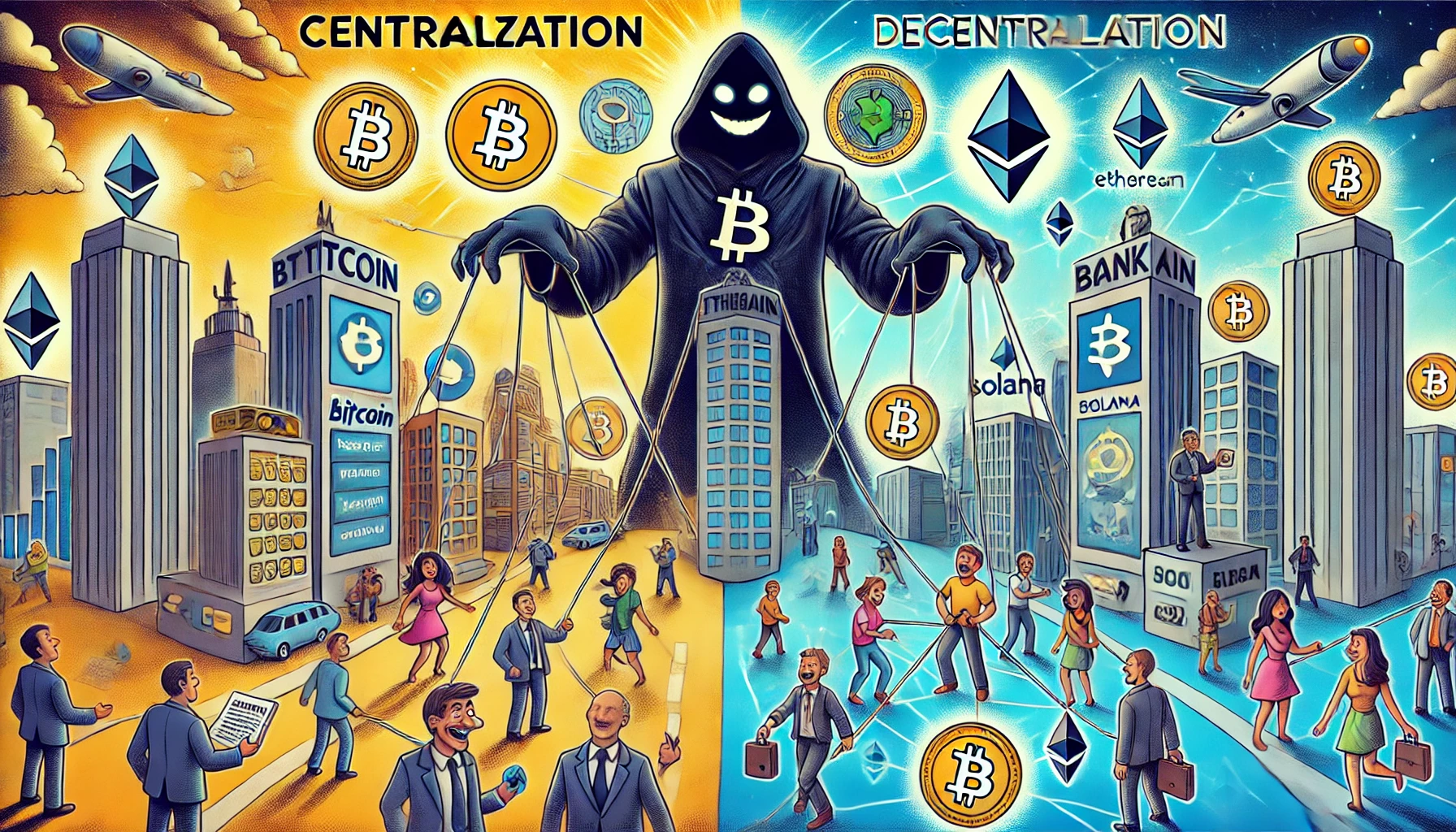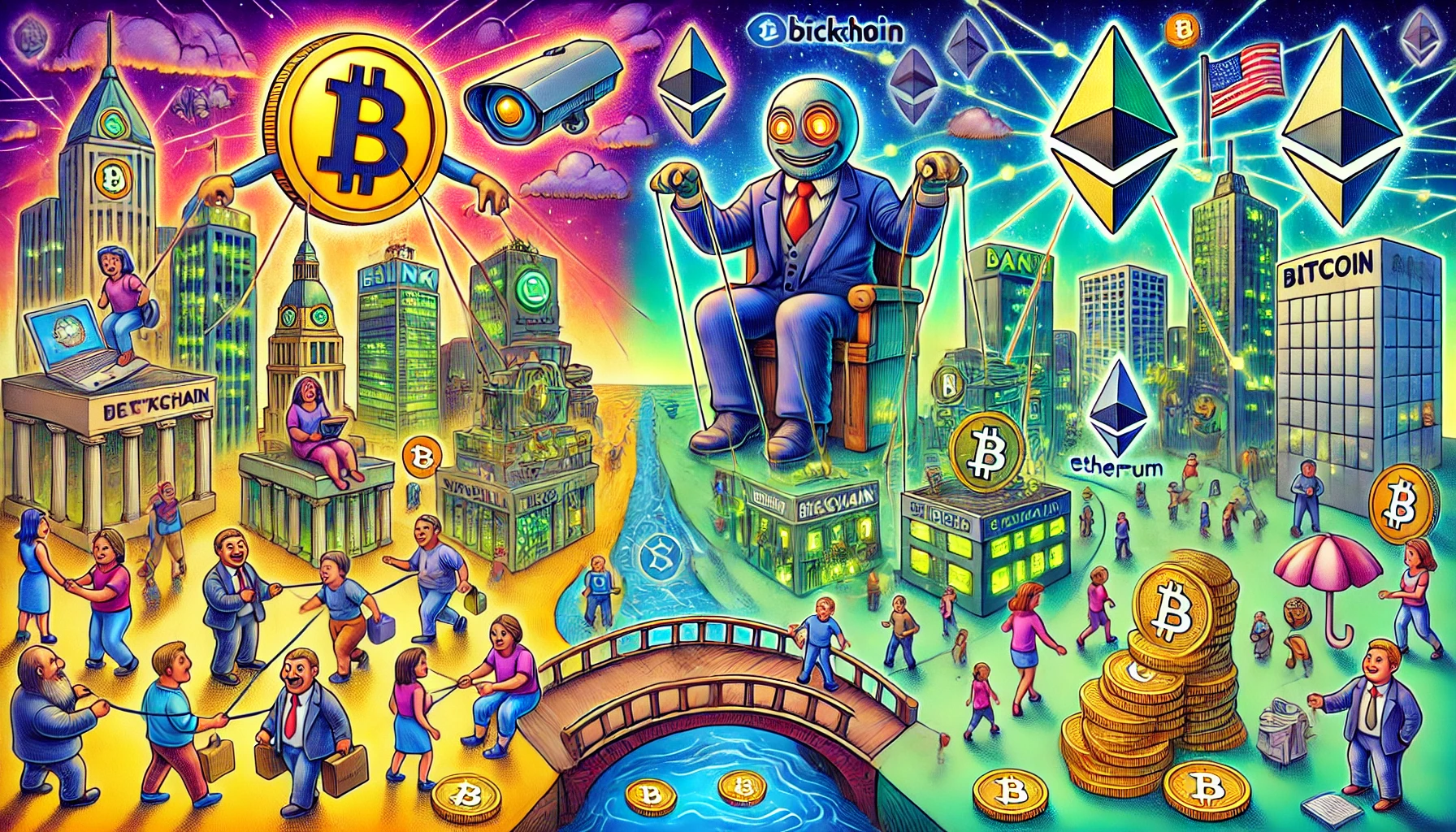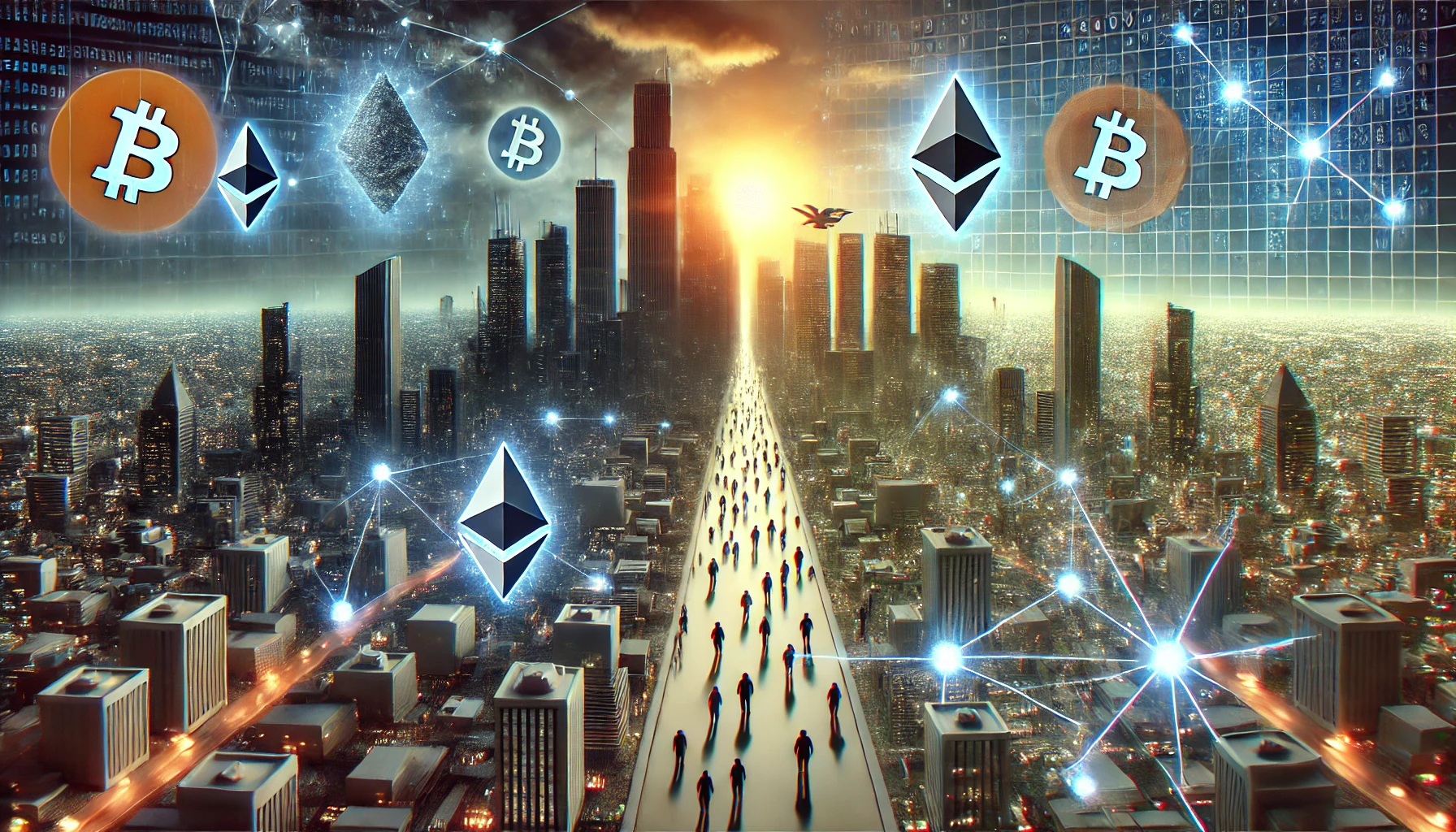In an era defined by the dominance of tech titans over the digital landscape, a swelling movement has taken shape, rallying for decentralization across all industries. Miles Jennings, General Counsel at crypto venture firm a16z, passionately champions this philosophical shift, declaring that
“Decentralization nurtures competition, fosters creativity, and spreads opportunity and agency more evenly.”
The Hidden Costs of Centralized Power
Centralization has long signified expediency, permitting nimble policymaking and allocation of assets. However, this aggregation of power frequently deadens novelty and stifles disruption. In the tech sphere, a select cluster of corporations commandeer colossal troves of information, constricting public discourse. Financially, predominant banks monopolize entrance, abandoning many on society’s fringes. Jennings highlights how such centralization
“throttles competition, obstructs access to capital, and subjects users to arbitrary dictates.”
Blockchain: The Decentralization Game-Changer
Blockchain technology continues to captivate advocates of decentralization. Platforms like Bitcoin and Ethereum display how decentralized networks can run seamlessly, handling trillions in worth absent a central administrator. These distributed frameworks offer visibility and security through distributed ledgers. As Jennings remarks,
“Blockchain platforms have proven that decentralized ecosystems can function resourcefully.”
Crafting Incentives for Genuine Decentralization
While the charm of decentralization is undeniable, its realization relies on more than just technological breakthroughs—it necessitates robust motivations. Numerous blockchain initiatives struggle to navigate regulatory ambiguities while striving for distributed governance. Some profess decentralization yet maintain centralized oversight, introducing hazards for users. Jennings promotes adaptive regulatory structures that “lessen compliance burdens as projects decentralize, “stressing the necessity for policies that acknowledge the distinct nature of decentralized systems.

Decentralization’s Reach: Beyond Finance into AI
The decentralization movement has a far-reaching influence stretching beyond finance and into the sphere of Artificial Intelligence. Traditionally, large corporations have dominated AI development owing to steep resource demands. However, distributed and decentralized AI models are emerging through leveraging distributed networks to democratize access and spark fresh ideas. This approach serves to mitigate inherent biases in centralized systems while fostering transparency and cooperation across boundaries.
Summing Up
As we traverse the nuanced new digital epoch, the call for decentralization grows increasingly pressing. It’s a summons for structures empowering individuals, driving novel insights, and distributing rewards more equitably. Jennings encapsulates this vision eloquently, stating that
“Incentives must be established legally and economically to motivate enterprises and networks to embrace decentralization willingly and sustainably.”
Stay tuned to The BIT Journal and keep an eye on Crypto’s updates. Follow us on Twitter and LinkedIn, and join our Telegram channel to be instantly informed about breaking news!
FAQs
What is decentralization?
Decentralization involves distributing authority from a central entity to a network of participants, enhancing transparency and reducing single points of failure.
How does blockchain facilitate decentralization?
Blockchain employs distributed ledger technology to record transactions across multiple computers, eliminating the need for a central authority and bolstering security.
What challenges exist in achieving decentralization?
Challenges encompass regulatory uncertainties, the development of effective governance models, and ensuring that decentralized systems can scale efficiently.
Can decentralization impact industries beyond finance?
Absolutely, decentralization holds the potential to transform various sectors, including technology and artificial intelligence, by fostering innovation and diminishing centralized control.
Glossary of Key Terms
Decentralization: The distribution of authority from a central figure to a broader network.
Blockchain: A decentralized ledger of all transactions across a network, ensuring transparency and security.
Artificial Intelligence (AI): The simulation of human intelligence processes by machines, especially computer systems.
Distributed Governance: A system where decision-making authority is spread across multiple entities rather than centralized.
Regulatory Frameworks: Structured guidelines and rules set by authorities to regulate industry practices.
References
The Bit Journal – Read More











